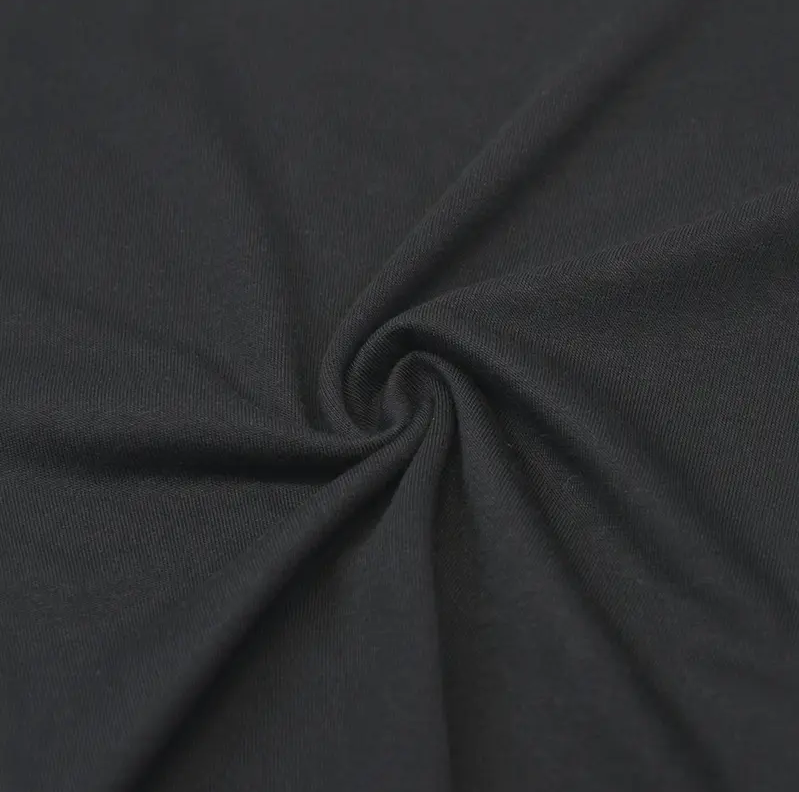2025-11-14
In today's pursuit of a more natural and environmentally friendly lifestyle, cotton products have long dominated the textile market due to their comfort and breathability. However, when purchasing clothing or home furnishings, the labels "100% pure cotton" and "100% organic cotton" often cause confusion.
Content
The most fundamental difference between organic cotton and the traditional "pure cotton" we commonly refer to lies in its cultivation and production process. Organic cotton refers to cotton grown on land that has not used any chemically synthesized pesticides, fertilizers, or genetically modified seeds (GMOs) in the past three years, and the entire production process adheres to strict international standards (such as the GOTS Global Organic Textile Standard). In short, organic cotton is a more environmentally friendly natural fiber.
Choosing organic cotton products is not only a personal choice but also a responsibility to the environment. Organic cotton offers environmental benefits primarily through three aspects:
Traditional cotton cultivation is one of the world's most pesticide-intensive crops. These chemicals pollute soil and water sources and pose a threat to farmers' health. In contrast, organic cotton cultivation strictly prohibits the use of synthetic pesticides and chemical fertilizers banned by GOTS (Global Organic Textile Standard), ensuring the health of the ecosystem.
100% organic cotton cultivation prioritizes ecological balance, typically employing crop rotation and the use of organic fertilizers to maintain soil fertility. This farming method helps the soil better absorb and retain water, thus reducing irrigation needs. Simultaneously, the processing of organic cotton tends to utilize more environmentally friendly, low-energy technologies, further reducing overall energy consumption.
Because it avoids the use of toxic chemicals, the growing environment for organic cotton better maintains the soil's microbial community, attracting and protecting beneficial insects such as ladybugs and bees, effectively protecting regional biodiversity and making the agricultural ecosystem more balanced and healthy.
For consumers, the benefits of organic cotton are equally significant. Because organic cotton avoids contact with synthetic chemicals during production, the final product contains extremely low levels of irritating chemicals (such as pesticide and herbicide residues). For people with sensitive skin, infants, or those with a history of skin allergies, wearing or using 100% organic cotton products can significantly reduce the risk of skin allergies or irritation, providing a purer, more skin-friendly experience.
Some might assume that because organic cotton doesn't use chemical fertilizers and pesticides, its quality might be inferior to conventional cotton. This is not the case.
Organic cotton fibers are not damaged by chemicals during their growth, resulting in higher fiber strength and more durable fabrics.
The pristine growing environment allows the natural texture of organic cotton fibers to be preserved, resulting in finished products that are typically softer, fluffier, and more breathable.
In summary, both 100% pure cotton and 100% organic cotton are natural fibers, but organic cotton, through stricter and more sustainable planting and processing standards, provides multiple health and quality guarantees for the environment, farmers, and consumers. When choosing comfortable, durable, and environmentally friendly high-quality products, organic cotton is undoubtedly the superior choice.

Contact Us for More Details
Don't hesitate to contact when you need us!